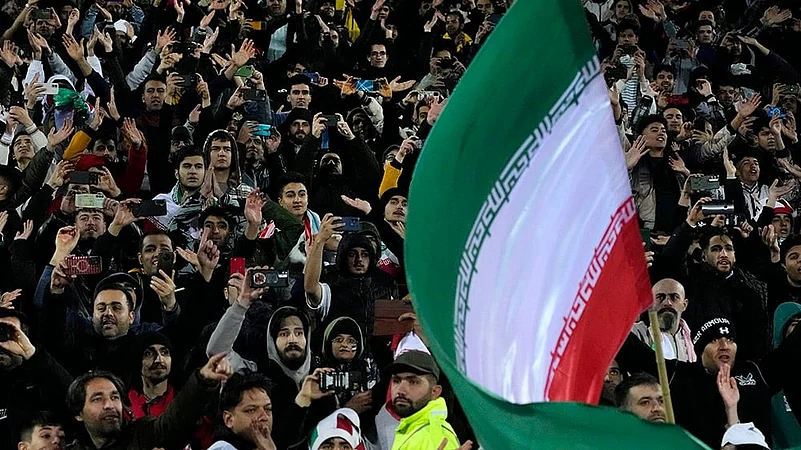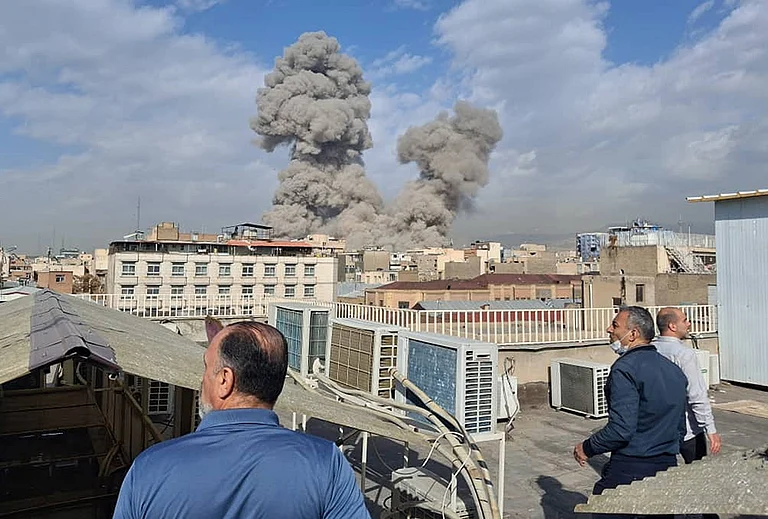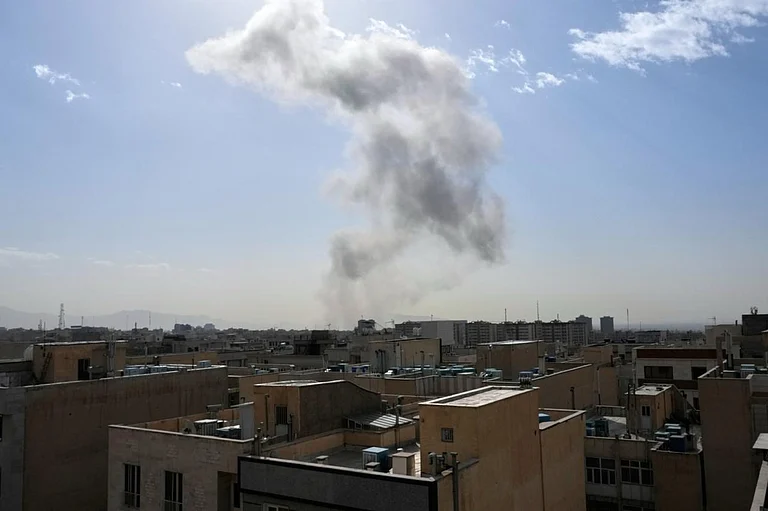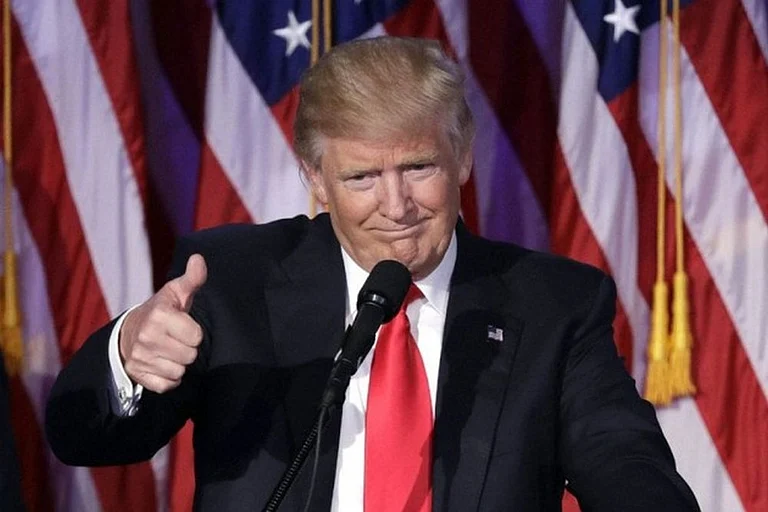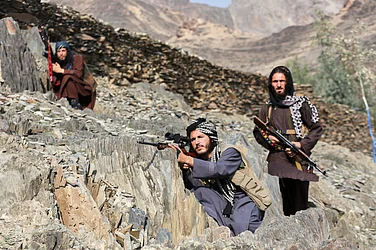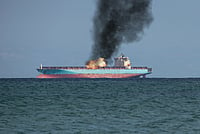
- Tehran warns renewed UN sanctions will push it toward a harder nuclear line, though divisions within the leadership persist over how far to escalate.
- Israeli and U.S. strikes in June, coupled with threats of further attacks, have heightened concerns of another war if diplomacy fails.
- Last-ditch talks with Europe collapsed, and Trump’s “maximum pressure” campaign has left Iran isolated, with little room to manoeuvre.
Iran’s clerical rulers are vowing a tougher nuclear stance after the United Nations reimposed sweeping sanctions on Saturday, a move that has deepened the country’s isolation and fueled fears of further unrest at home. Officials in Tehran admit the renewed restrictions—covering oil, banking, arms, uranium enrichment and travel—will severely squeeze the economy, but say they leave little choice other than hardening their position.
“The clerical establishment is trapped between a rock and a hard place. The existence of the Islamic Republic is in peril,” one official said, warning that ordinary citizens cannot withstand more economic strain or the threat of another war. Some insiders argue that Tehran should adopt a tougher line against the West, while others caution that escalation could accelerate the Republic’s collapse.
Despite the fiery rhetoric, a former senior moderate official noted that the leadership is unlikely to take drastic steps, recognizing the dangers amid Iran’s weakened regional influence, simmering domestic discontent, and the possibility of Israeli military action.
Rising Threat of Conflict
Concerns over Israeli strikes loom large. After a June conflict that saw Israeli and US forces bomb multiple Iranian nuclear sites, Tehran fears another round of attacks if diplomacy collapses. Israeli Prime Minister Benjamin Netanyahu and U.S. President Donald Trump have both warned they will not hesitate to strike again should Iran resume uranium enrichment at weapons-grade levels.
Former lawmaker Gholamali Jafarzade Imenabadi told local media, “The chances of war breaking out are significant, given Israel’s aggressive posture and the strong support it currently receives from the United States.”
Stalled US Deal and European Pressure
The sanctions followed the collapse of last-ditch negotiations in New York between Tehran and European powers Britain, France and Germany, which accused Iran of violating its 2015 nuclear pact. The U.S. and its allies allege Iran is using its civilian nuclear program as cover to pursue weapons capability, a charge Tehran denies.
Trump’s revival of his “maximum pressure” campaign since February—combining economic restrictions with threats of military action—has further divided Iran’s ruling elite. While some push for confrontation, others argue the safest course is to maintain the status quo: no war, no deal, but continued talks without major concessions.
The clerical establishment thus finds itself cornered—caught between the demand to resist Western pressure and the economic despair of a population already weary from years of sanctions and isolation.






